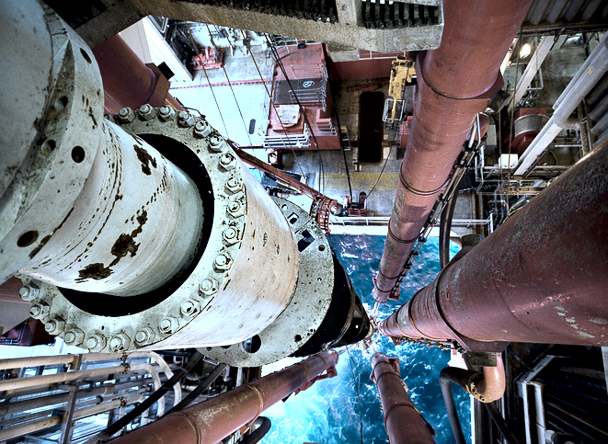Managing Director Jan Christian Ellefsen of Pandion Energy says in a comment:
“We look forward to today’s hearing in the Storting and subsequent proceedings related to the Government’s proposal for interim amendments of the Petroleum Tax Act. We hope that the Government and the opposition parties are able to agree on a solution that ensures the sanctioning of profitable projects and that we also in the future can create value together with a strong Norwegian oil service industry.”
Pandion Energy finds it encouraging that the Government proposes measures to support the industry but notes that the proposal in sum represents a tax increase. Also, that the liquidity effect for companies outside tax position is limited, which will be the case for Pandion Energy in 2020. The Company therefore stands behind the proposal presented by the Norwegian Oil and Gas Association but see the need to highlight the importance of final measures having the desired liquidity effect for all oil companies investing on the Norwegian continental shelf.
In reality, the Government’s proposal implies unequal treatment of companies inside and outside tax position. As it stands today, the proposed measures will have liquidity effect for the latter group only when the final tax assessment has been concluded, i.e. with an average lag effect of approximately 1.5 years related to investments and associated tax losses incurred this year. For companies in tax position, however, the measures have almost immediate effect through a reduction of the instalment tax payments. These are made regularly through six terms, three of which during the second half of the tax year and three in the first half of the following year.
The Government has attempted to neutralise this unequal treatment by allowing companies outside tax position to pledge the anticipated tax loss claim and, on this basis, enable bridge financing from banks and other lenders. For each individual company, however, it is currently unclear whether such bridge financing will be available, and if so, how much and at which terms.
Regardless of such bridge financing, Pandion Energy may in any case be prevented from moving forward with the planned development of the Hod oil field due to restrictions in its existing loan agreements.
Pandion Energy believes the Government could solve said challenges relatively easy within the existing tax payment cycle by allowing negative instalment tax, i.e. reimbursement of the nominal value of tax losses with the same frequency and profile as the ordinary instalment tax payments. This should be tax neutral for the state, but with the advantage of having same liquidity effect for all oil companies investing on the Norwegian continental shelf, whether inside or outside tax position. Such equal treatment is particularly important to ensure that sensible and socioeconomically profitable investment decisions are made even in cases where a field partner group consists of companies in different tax positions as is the case for Hod.
For further information, please contact:
Jan Christian Ellefsen
CEO Pandion Energy
tel: +47 91 74 48 99
